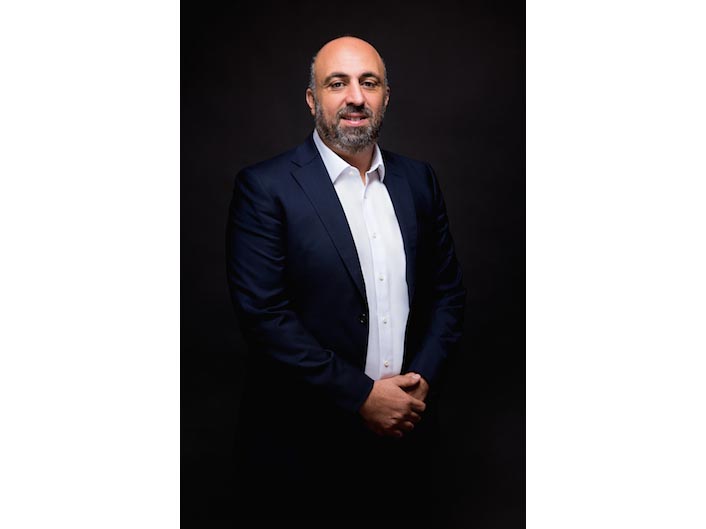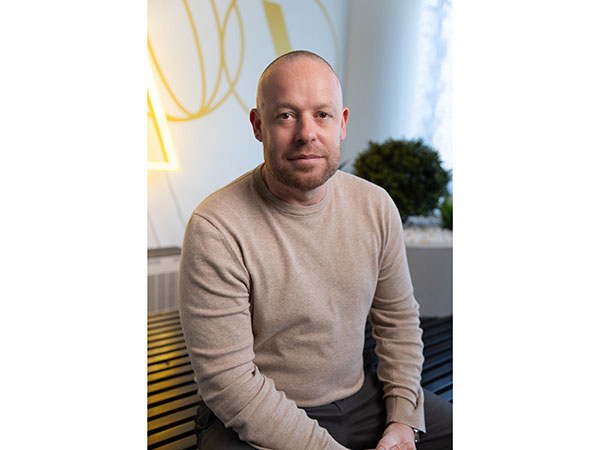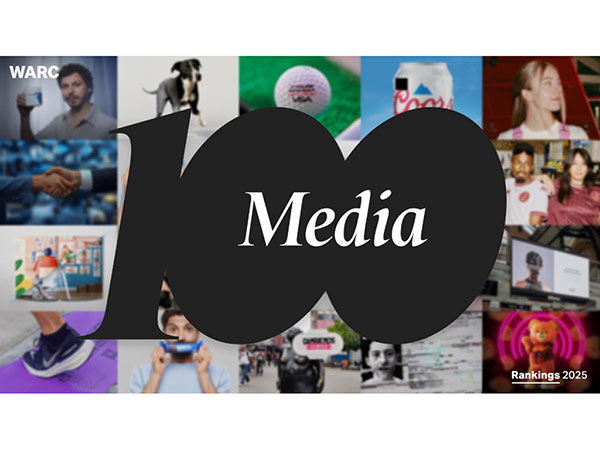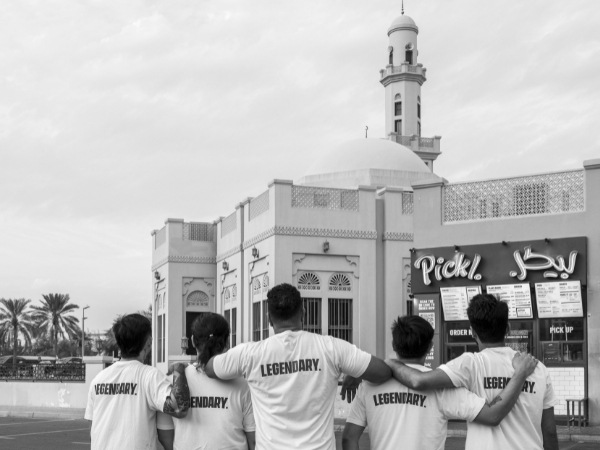News - Advertising
Reda Raad: 'A creative renaissance is what Saudi is undergoing right now'
by Iain Akerman
December 15, 2023

“There’s so much excitement about Saudi Arabia right now,” says Reda Raad, the chief executive of TBWA\Raad. “It reminds me of the boom days of Dubai. Anything is possible. There’s great momentum, great energy, and there’s a sense of optimism. It’s like a sleeping giant has awoken. And this awakening is not only great for the region, it’s great for our industry. Because it allows us to fire on all cylinders.”
Raad is no stranger to Saudi Arabia. He established TBWA\Raad’s offices in the kingdom back in 2003 and helped to guide the agency’s expansion strategy. Back then there were two offices – one in Riyadh and one in Jeddah. Now he is overseeing the growth of the agency’s operation in Riyadh, which will act as a hub to service the rest of the kingdom. This is in line with the agency’s policy of focussing on centres of excellence.
“We are establishing a world-class agency out of Riyadh,” says Raad, who has been the agency’s chief executive since 2015. “We are investing in our people, we are investing in our process, and making sure that we have world-class talent in Riyadh. That is the priority for 2024 and for the years to come. You know, we’re always in beta. We’re always moving, right? As our clients’ demands increase, so will our staffing requirements and so will the level of sophistication required. As the demands of our clients evolve, so will our office in Riyadh.”
Attracting and retaining world-class talent will be far from easy. As Raad admits, a war for talent is underway. That is unlikely to change anytime soon as the kingdom ramps up its investments in line with Vision 2030. Gender disparity is also a concern, as is the relative lack of women in the advertising industry. Both of these challenges need to be overcome.
“Young Saudi talent is in demand, experienced Saudi talent is in demand, and global talent is demand,” says Raad. “So the bottom line is that good talent is a challenge. This isn’t helped by the fact that Saudi Arabia remains a harder sell than, let’s say, Dubai, which has become a global hub and is probably one of the best places to live in the world. Saudi Arabia has a different image. The way of life is getting better, but it still requires a lot of hard work to get people to move there.”
“There’s more work in Saudi Arabia than there are agencies. This has created opportunities for growth, but also a considerable amount of competition.”
This will sound all too familiar to anyone who has been in the region for a number of years. Believe it or not, attracting talent to Dubai used to be an issue. Attracting young Emirati talent arguably remains a concern. But there are other similarities, too, not least the perception that regional agencies are of poorer quality compared with those in London or New York.
“There’s more work in Saudi Arabia than there are agencies,” says Raad. “This has created opportunities for growth, but also a considerable amount of competition. That competition is not only regional, it’s global. Many of the bigger brands or government projects are targeting global audiences and there’s a belief that only work created outside of the region is good enough. They want to bypass regional agencies and go directly to global headquarters. There’s this belief that anything that’s done in Europe or North America is better than anything created in the region.
“This is a belief that we have to challenge. Not only because it’s incorrect, but because such a viewpoint leads to communication that fails to speak with an authentic voice. We’ve experienced this before, of course. During the early boom days of Dubai, marketing directors were falling over themselves to secure the services of agencies in London and New York. Eventually that changed because local and regional agencies picked up their game, delivered world-class creative, and became some of the most awarded agencies in the world. But this preference for Western creative solutions is now embedded in Saudi Arabia. It will probably subside over time, but it’s something that we have to actively combat.”
For Raad, who describes TBWA as a global collective, it is important that local and regional offices are not undermined. Their knowledge of dialects and trends, as well as cultural nuance, are invaluable. “It is they who provide local insights and local thinking,” he says. “These are then married with global best practices. They might be in Dubai, they might be in New York, they might be in Australia. But as long as the two are working together that’s better than the mentality of whatever is done outside the region is better than whatever is produced here. That mentality has to change.”
The danger, of course, is that if local insights are overlooked, campaigns will simply be ignored. This, too, we have seen before, especially in the form of global communication that has been tweaked or adapted for local markets. Importantly, agencies and marketers have to recognise that Saudi Arabia is changing rapidly, and communication has to reflect that.
“A creative renaissance is what Saudi is undergoing right now, and we have to start to tap into that,” says Raad. “I’m not saying that Saudi will no longer be conservative, but Saudi is changing, Saudi youth is changing. All of this is creating a new Saudi Arabia and I think the communication needs to reflect that. We need to move away from the old cliches of how Saudi Arabia used to be and start to tap into what the kingdom’s ambitions are and what Saudi’s youth are. The communication needs to catch up with that. We need to be brave as an industry, as an agency, and as brands to be able to better reflect the reality on the ground in Saudi Arabia.”













